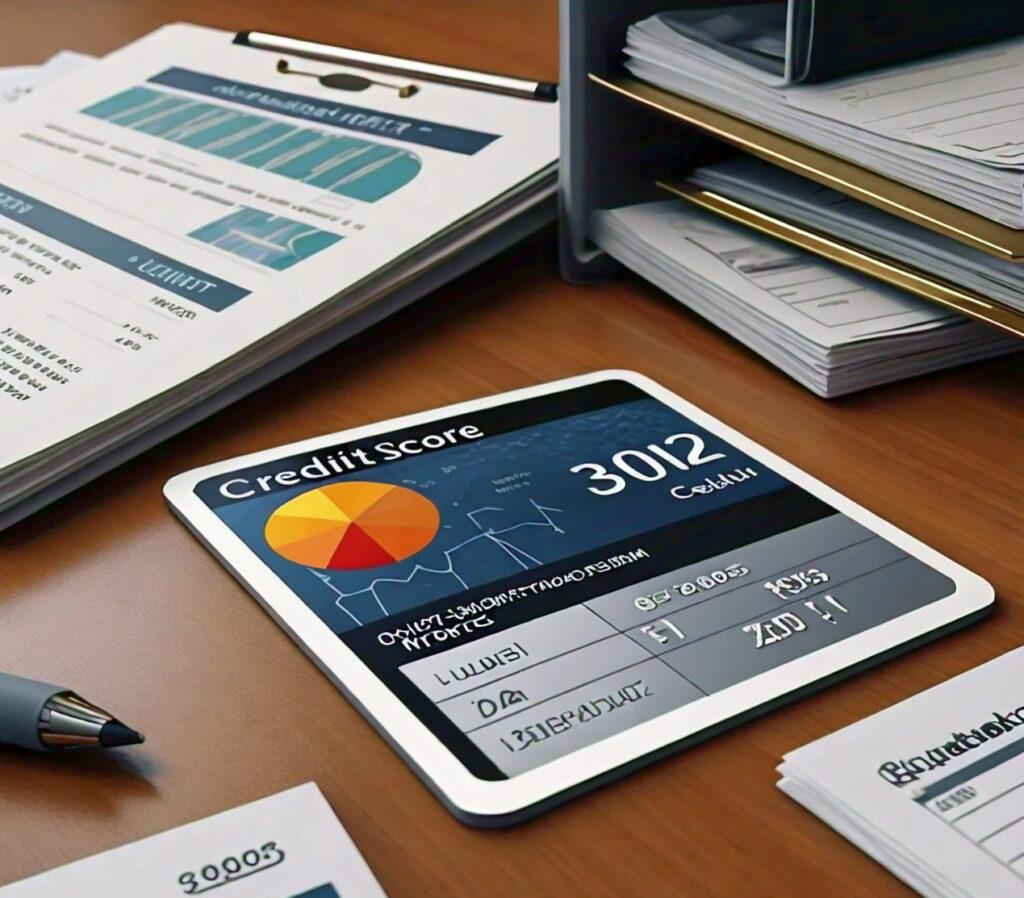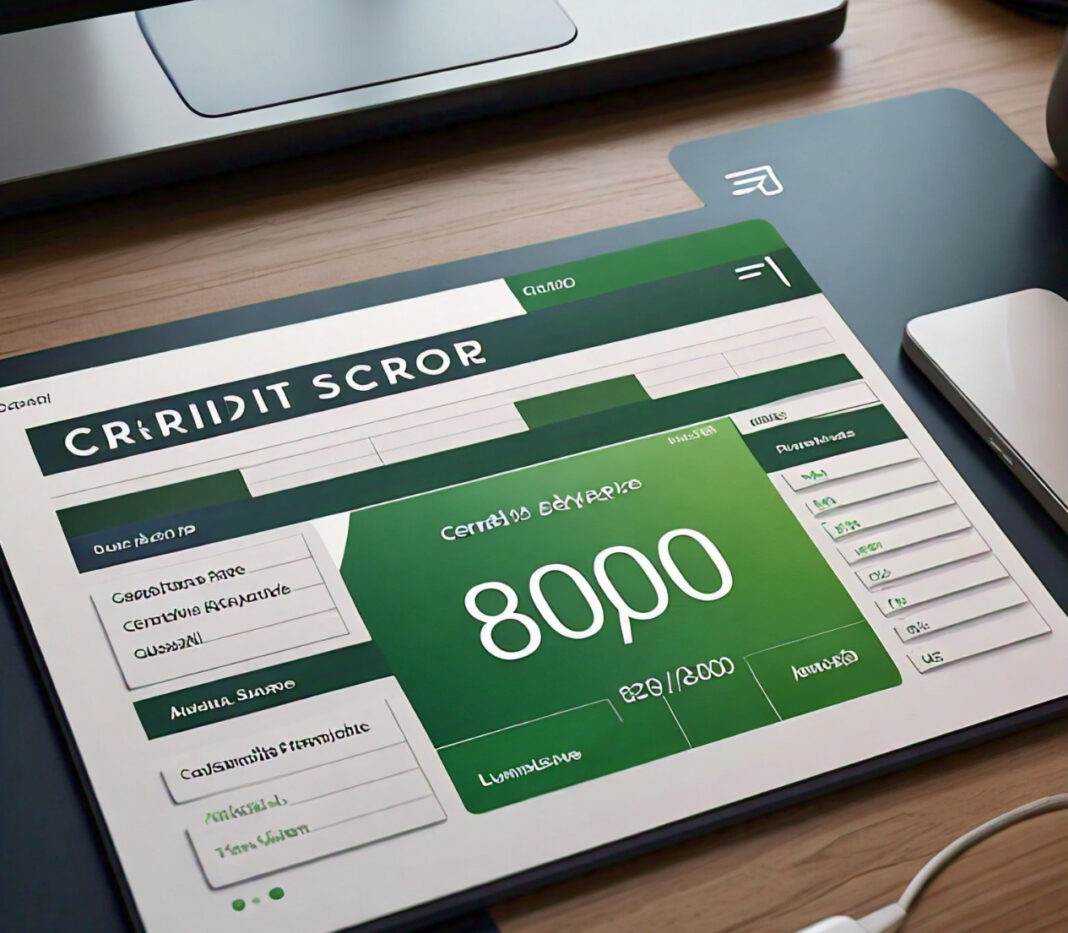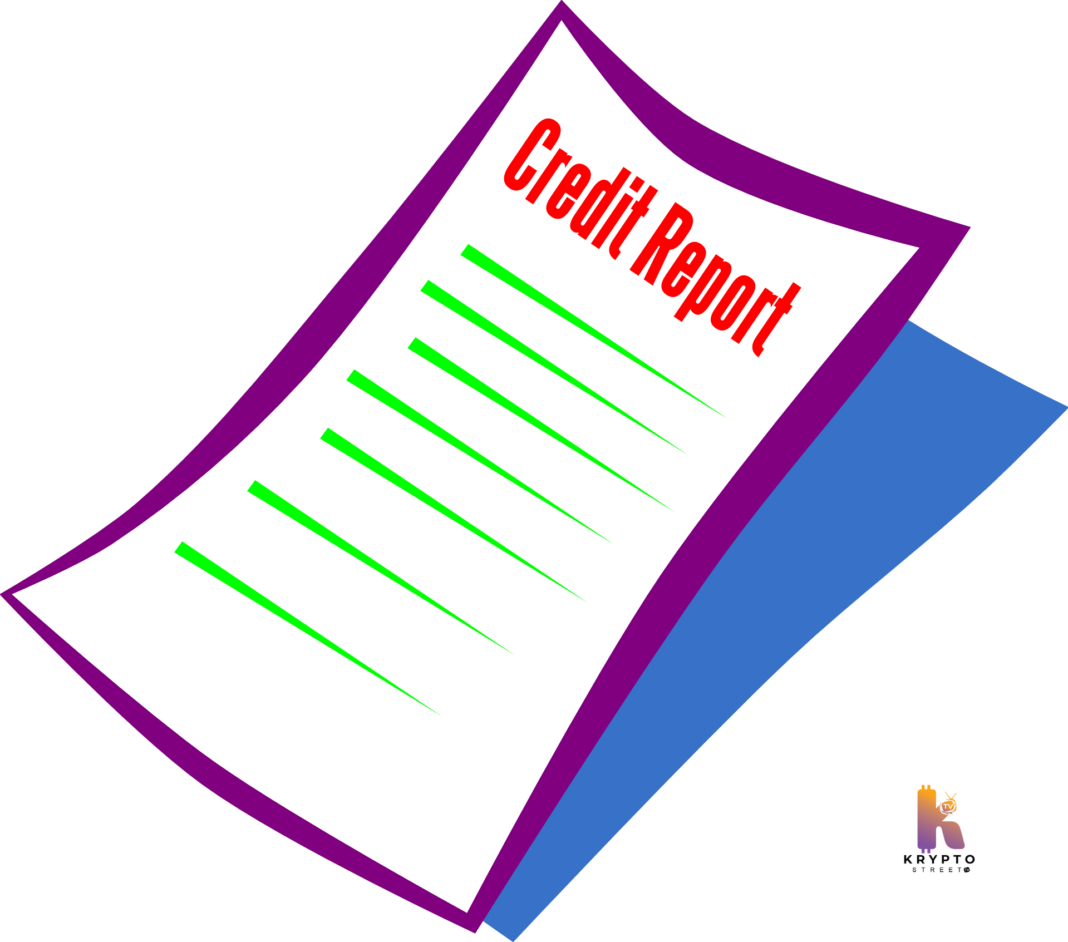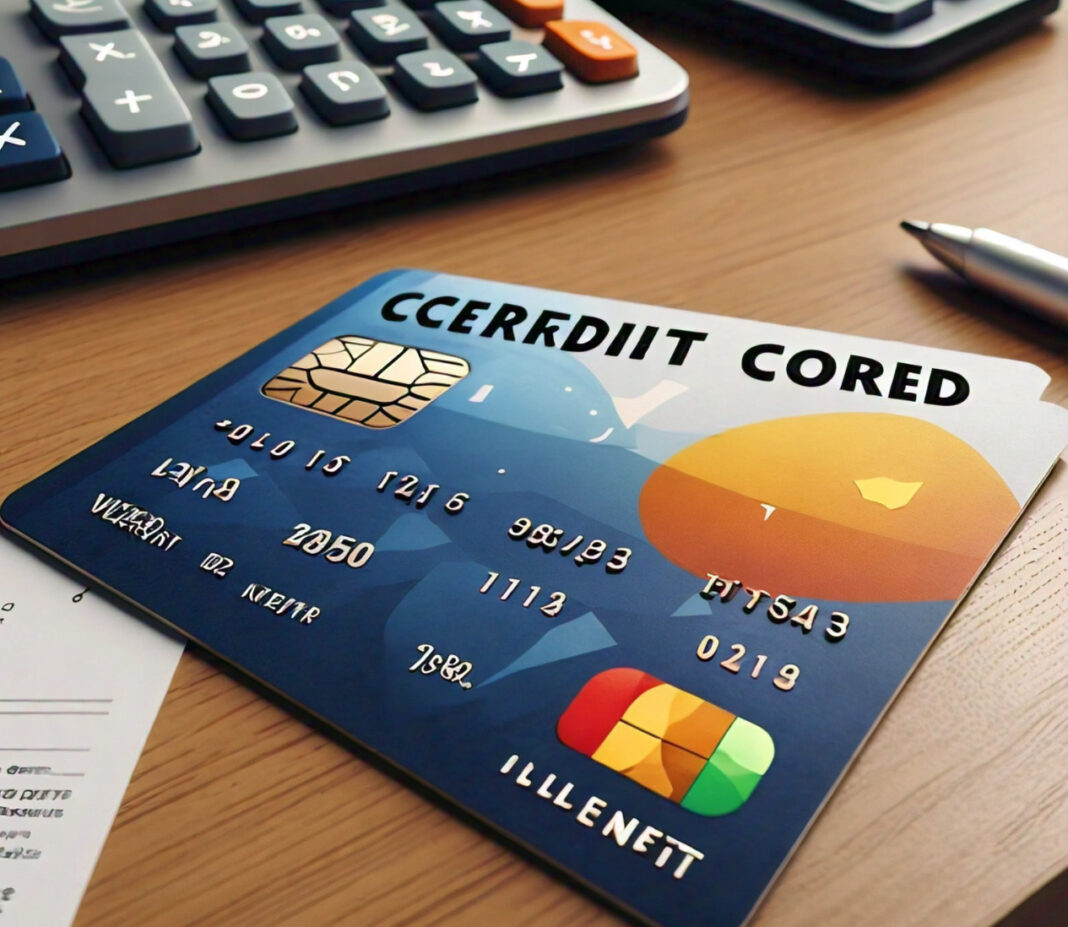Your credit score is a three-digit number that can either make or break your financial life. Applications for loans, apartment rentals, or even employment often have a credit score as a pivotal role. But what exactly dictates this three-digit number? The following thorough guide describes all the factors affecting your credit score and shares some tips to keep your credit profile healthy.

What is a Credit Score?
Before I get into the factors, let me quickly explain a credit score. A credit score is a numerical representation that indicates your creditworthiness; it usually ranges from 300 to 850. The higher your score, the more likely you will get favorable terms for loans and credit cards. FICO, developed by the Fair Isaac Corporation, is the most used credit-scoring model.
Key Factors Affecting Your Credit Score
1. Payment History (35% of FICO Score)
Your payment history is the most powerful determinant in your credit score. It notifies your need to pay bills on time or not.
Why it matters:
- Lenders want to see whether you pay your debts as agreed.
- Late payments, missed payments, and collections can notably lower your score.
-The fresher the late payment, the worse that fact hits your score
How to retain a good payment history:
- Create automated bill payments or reminders
- Pay at least the minimum amount owed on time
- If you need assistance, call your creditors and explain the problem to see if they can work out a schedule for you
2. Credit Utilization (30% of FICO Score)
Credit utilization tells how much credit you use compared to the total sum available to you at any given moment.
Why it matters:
- High utilization can indicate that the consumer is experiencing some sort of financial strain
- Low utilization is considered good, responsible credit management
How to control credit utilization
- Keep credit utilization less than 30% of your overall credit limit
- Consider requesting credit limit increases
- Pay down credit card balances before your statement closing date
3. Length of Credit History (15% of FICO Score)
This factor considers the length of time you have been using credit.
Why it matters:
- Longer credit history data to evaluate your creditworthiness
- You have experience over time with how to handle credit
How to build credit history:
- Keep old accounts open, even though you might not use it that much
- New to credit? Consider becoming an authorized user on a family member’s card
- Responsible use of credit over time
4. Credit Mix (10% of FICO Score)
Credit mix simply refers to the type of credit accounts one has, such as credit cards, installment loans, and mortgages.
Why It Counts:
- It proves to them that you can handle various credit types responsibly.
- A varied credit mix could indicate lesser risk to lenders.
How to Improve Your Credit Mix:
- Do not open new accounts just for the credit mix’s sake.
- Consider various kinds of credit as your financial needs change.
All types of credit are responsibly managed
5. New Credit Inquiries (10% of FICO Score)
This considers how often you have recently applied for new credit.
Why this matters:
It can show financial distress by applying for multiple credits in such a short time
The age of your accounts is lowered by opening new accounts
How to control new credit inquiries:
Only apply for new credit when necessary
Shop for loans within a short period of time. -Do not apply for too many new accounts within a short amount of time.
Other Factors That Can Affect Credit Score
6. Public Records
Some public records can hurt credit scores in a very bad way.
Types of public records that impact credit:
Bankruptcies
Tax liens (in some cases)
Civil judgments (in some cases)
How to minimize the impact:
- Avoid the actions causing these public records to appear
- When you have them, work on rebuilding your credit over time
- Some of those negative items, such as bankruptcies, will fall off your report after some time, usually 7-10 years
7. Credit Limit Decreases
If a lender decreases your credit limit, then that affects your credit utilization ratio.
Why it matters:
- Lowering credit limits can increase your credit utilization if the credit card balances remain
- This ultimately decreases your credit score
How to avoid credit limit decreases:
- Use credit cards regularly but responsibly
- Pay bills on time
- Review credit reports for changes
8. Closing Credit Accounts
Closing a credit account, especially an older one, can decrease your credit score.
Why it matters:
- It can lower your credit history length
- It can increase your credit utilization ratio
What to consider before closing a credit account:
- The age of the account
- How the account will affect your overall credit utilization
- If keeping the account open has an annual fee
9. Authorized User Status
Being an authorized user of someone else’s credit card can impact your credit score.
How it works:
- Payment history and utilization of the account may be reported on your credit report
- If the primary account holder handles the account responsibly, it may have a positive impact on your credit-building process
What to watch out for:
- If the primary account holder is irresponsible with the account, that may have a negative impact on your credit
- Make sure the primary account holder is responsible before you become an authorized user
10. Rent and Utility Payments
Traditionally, rent and utility payments have never factored into credit scores, but times are changing.
Recent developments:
Some credit-scoring models have started to incorporate rent payments.
Services like Experian Boost let you add utility and streaming service payments to your credit file.
How to leverage this:
See if your landlord reports your rent payments to a credit bureau.
Utilize any service that could report your on-time payments to a credit bureau.
The Impact of Life Events on Your Credit Score
Various life events affect your credit score indirectly as they impact your financial behavior.
Job Loss or Income Reduction
- This leads to missed payments if unprepared
- Can increase credit utilization because you may depend more on credit
Marriage or Divorce
- Joint accounts will impact both parties in terms of their credit scores
- Divorce settlements can impact your ability to pay debts
Moving into a New Location
- New utility accounts and change of address can trigger soft inquiries
- One’s rent or mortgage payments in a new location may affect one’s credit
Starting a Business
- Business loans or using personal credit for business can lower your score
- Additional financial burdens can reduce your capability to manage your personal credit effectively
Common Misconceptions About Credit Scores
Let’s now look at some common myths about credit scores:
Myth 1: Checking your own credit hurts your score
- Truth: Pulling your own credit is a “soft inquiry” and does not count against you
Myth 2: You have only one credit score
- Truth: You actually have several credit scores. Each one will be slightly different based on the scoring model and bureau.
Myth 3: Income is a factor in your credit score
- Fact: Income is critical in any credit application. However, it is not a factor that is taken directly into account when calculating a credit score.
Myth 4: Paying off a collection account removes it from your credit report
- Fact: Paid collection accounts can remain on your report for up to 7 years, but some newer scoring models may ignore paid collections
Tips for Improving Your Credit Score
Now that we know what dictates your credit score, here are some actionable tips to improve yours:
- Pay all bills on time every time
- Keep credit card balances low
- Don’t close old accounts unless necessary
- Limit new credit requests
- Regularly check your credit reports for errors and dispute any inaccuracies
- Consider a secured credit card if you’re building credit from scratch
- Be patient – improving credit takes time
Conclusion
Unfortunately, your credit score is a complex result of many factors, but two factors bear more significance than others: payment history and credit utilization. By understanding the elements behind a good credit score and consistently maintaining good credit practices, you will be able to improve and maintain your credit score. Remember that good credit makes all the difference between good terms of a loan, sometimes down to improving one’s bargaining positions in various financial situations.
It is an effort to improve your credit score, requiring great patience and persistence. No shortcut exists to fix everything overnight miraculously, but by being persistent and keeping responsible credit behavior, you will definitely find huge improvements over time. Continue monitoring your credit and stay updated on any changes the models used for credit scoring undergo. Adapt your financial habits accordingly, and your future self will be grateful for the financial opportunities a good credit score will allow you to seize.






